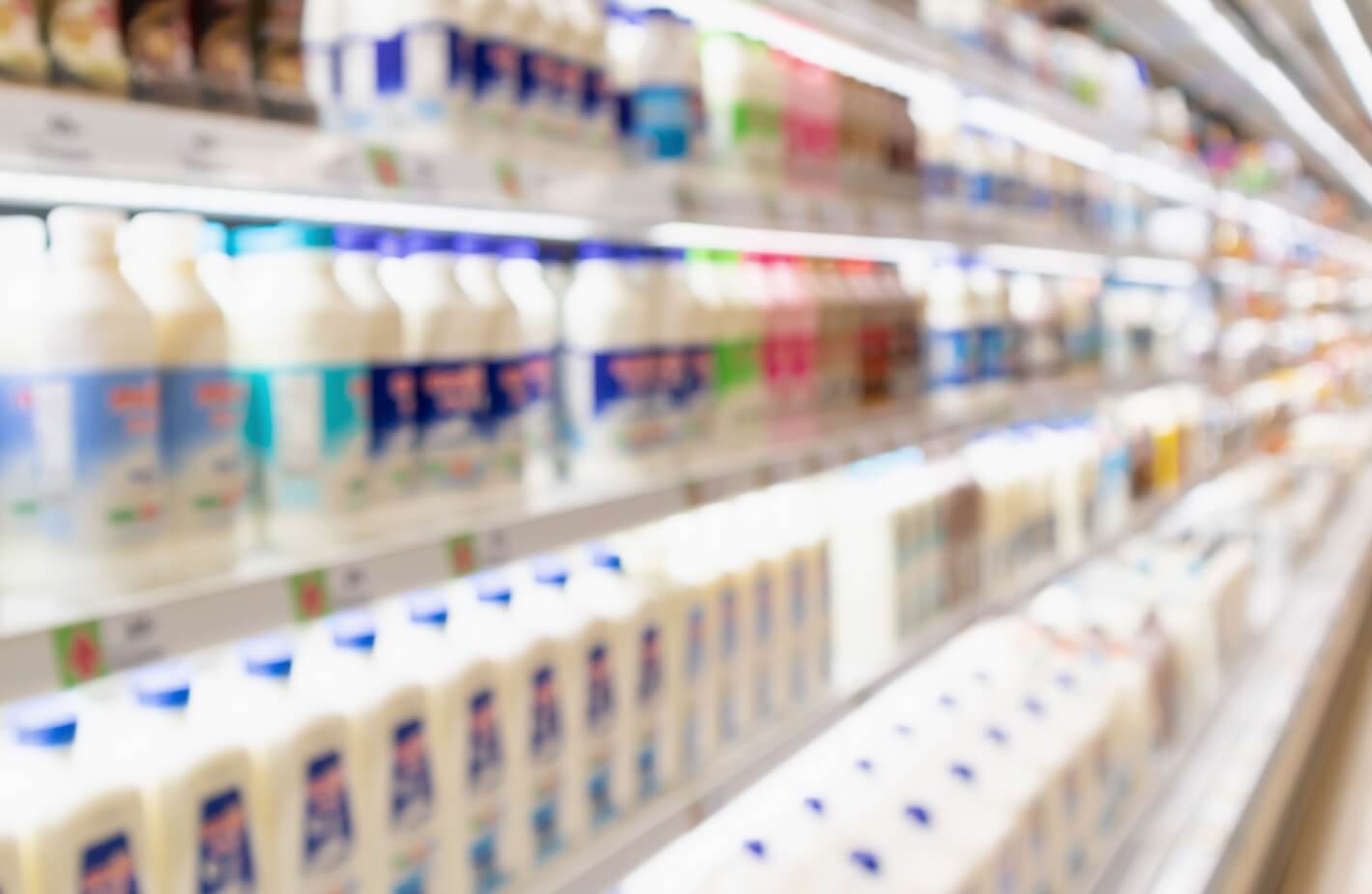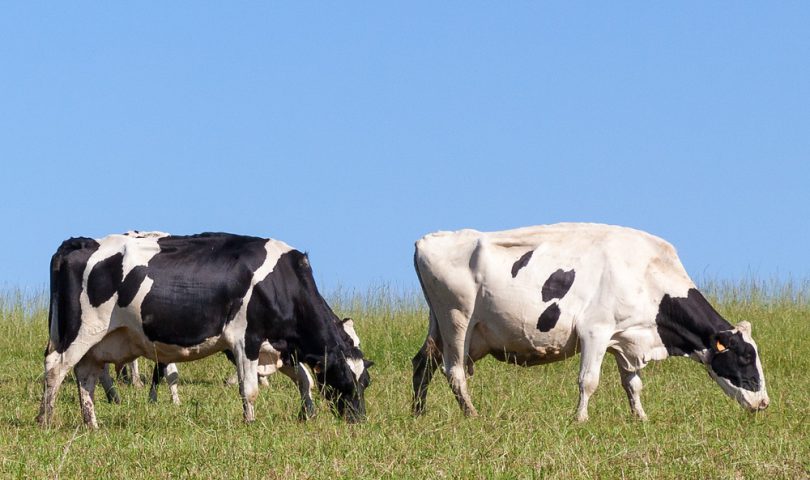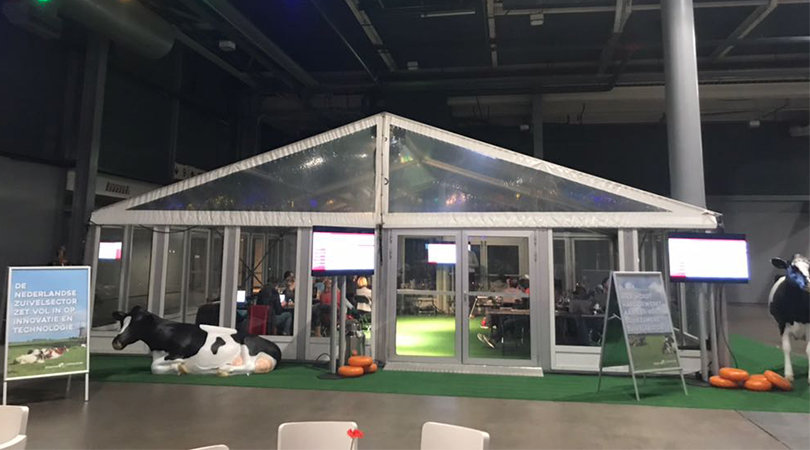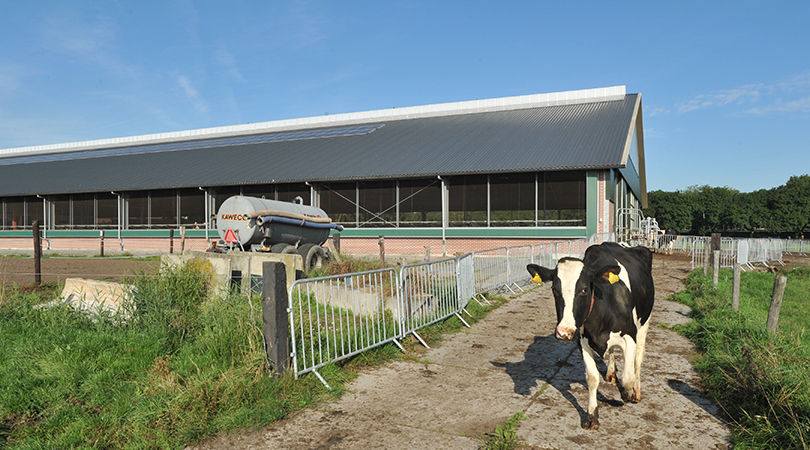
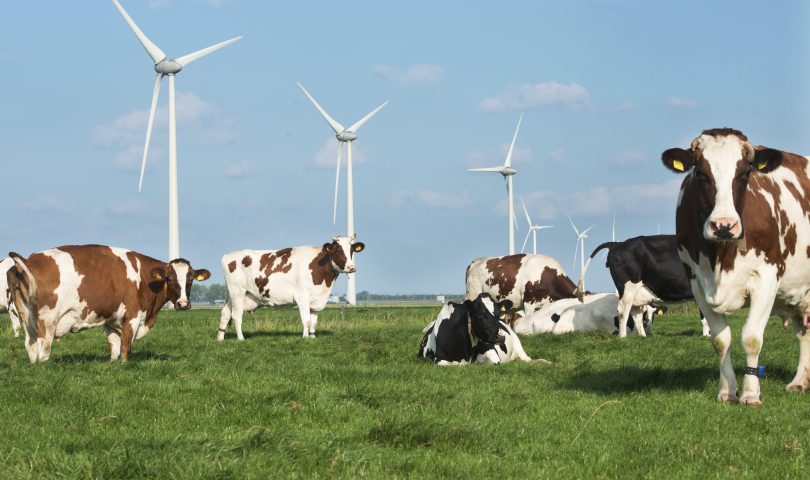
Sustainability
News overviewDutch dairy sector takes measures to meet climate targets
The Dutch Dairy Association (NZO) and the Dutch Federation of Agriculture and Horticulture (LTO) take their responsibility in reducing greenhouse gases by 2030. The plan builds on earlier initiatives in making the dairy chain more sustainable.
At a national multi-stakeholder agricultural Round Table the NZO and LTO submitted a plan for further reducing greenhouse gas emissions and taking other technical measures in meeting the climate targets for the dairy sector in the Netherlands. These technical measures relate to cows, animal feed, manure storage and fertilization. Overall the reduction of greenhouse gases and the technical measures should contribute to a reduction of 2,6 Mton CO2 equivalents of greenhouse gases by 2030.
2.6 megatonnes reduction
The 2,6 Mton reduction consists of methane reduction equaling 0,8 megatons of CO2. A further reduction is achieved by generating sustainable energy, taking energy-saving measures and measures in the area of soil and crop, leading to a reduction of 0,8 Mton of CO2 equivalents. In addition, the plan will also reduce the import of protein-rich concentrates (soy and palm kernels). This measure potentially leads to a further reduction of 1,0 megatonnes CO2 equivalents.
Climate-sensible dairy sector in the Netherlands
